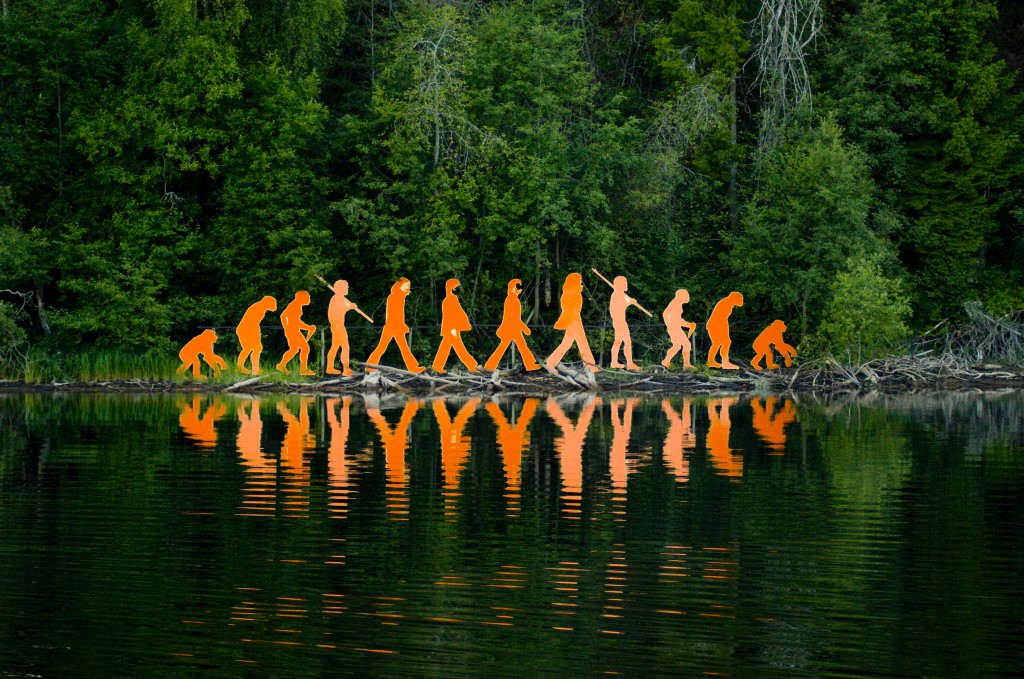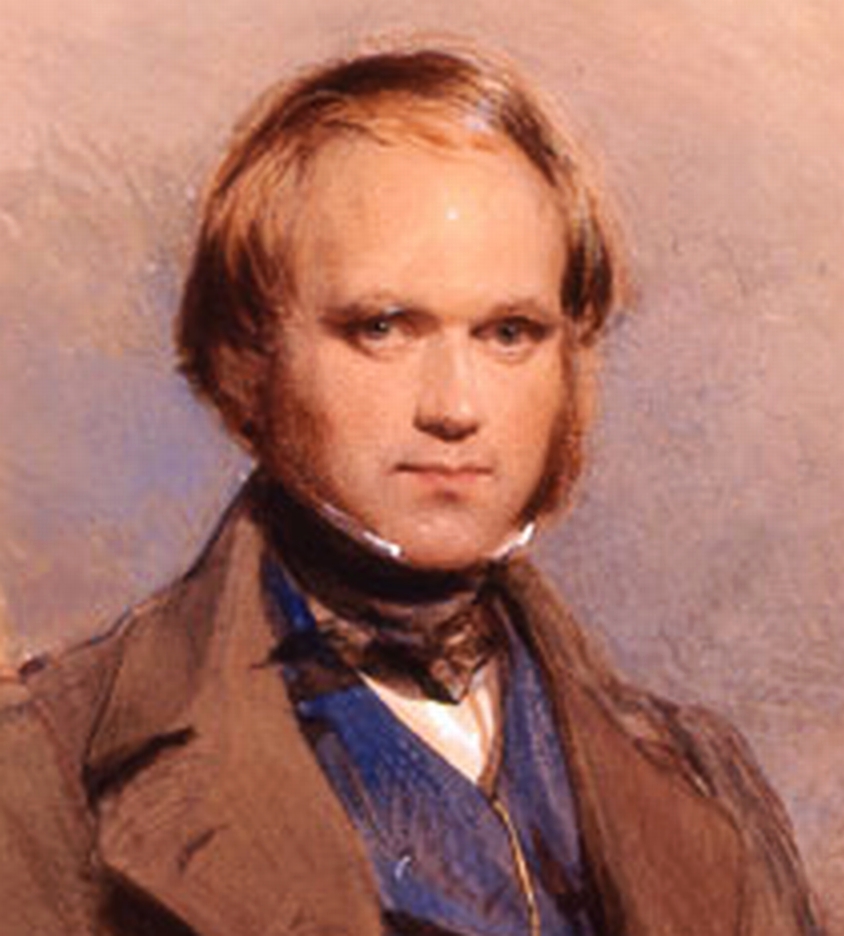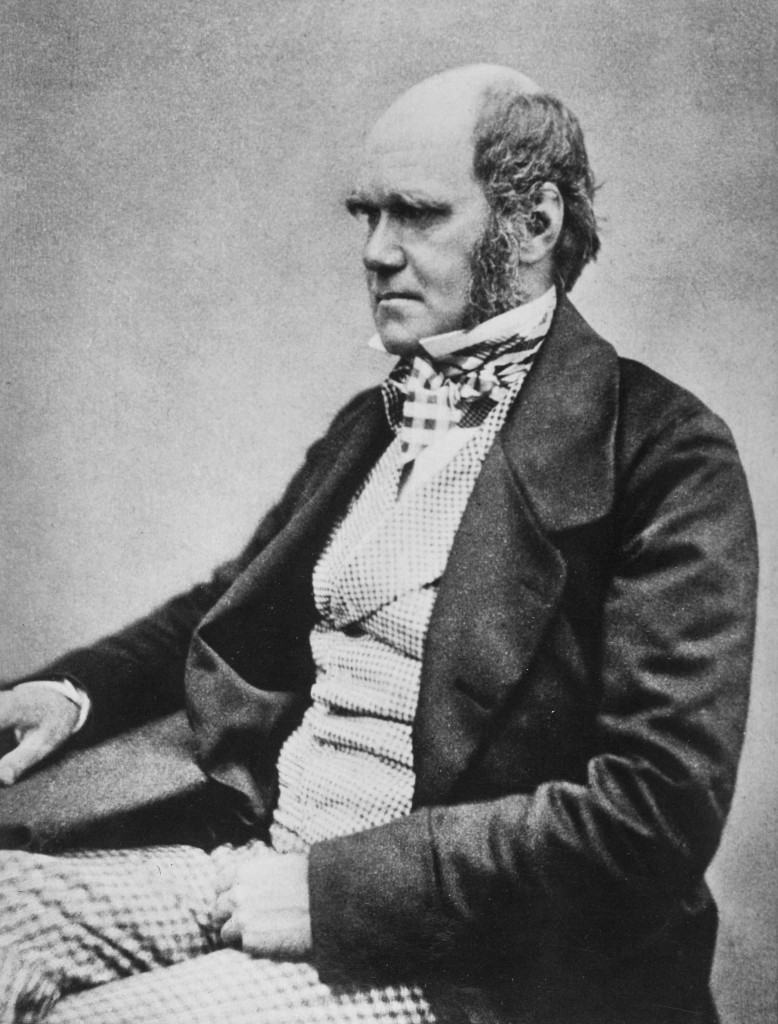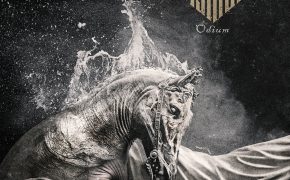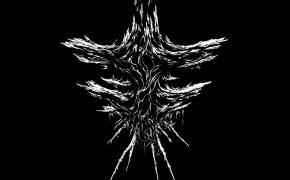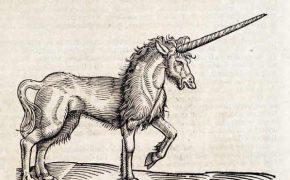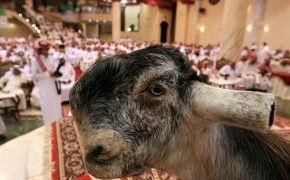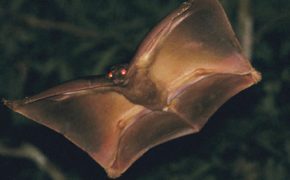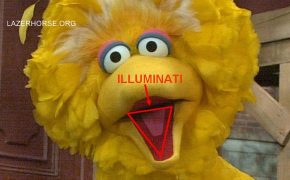The Evolution of Knowledge
I have written before about the great truth seekers. Those people who defy the seemingly ingrained human convention of accepting what you have been taught by the prevailing culture of the day without really questioning the objective truth of that wisdom: Copernicus, Galileo, Newton, Da Vinci, Einstein to name only a few of the more obvious. The drive for truth is a powerful urge for these people. Einstein himself said: “I have no special talents. I am only passionately curious.” An overly modest assessment perhaps but the point he was making was that the pursuit of knowledge to enhance our understanding of the universe was a more important factor in his immense achievements than the undoubtedly vast intellect he possessed.
Trying to decide who is the greatest of these great truth-seekers is an interesting and ultimately pointless question. What is beyond question is the right of one man to be considered among the illustrious names of human history. He was a man who has fundamentally and permanently changed our understanding of how we came to exist and how the rich and abundant diversity of life came to flourish on earth. It was an idea that caused controversy and scandal at the time and despite the desperate efforts of the religious power-brokers to put a stop to it has in the end become an unstoppable avalanche. The man in question was Charles Darwin. The idea was evolution of species through natural selection.
Born in 1809, Darwin was a British naturalist scientist. At the age of 22 He joined an expedition of the ship HMS Beagle so he could study and document the natural world. Towards the end of the 5 year voyage the seeds of his idea started to germinate when he visited the Galapagos Islands, a volcanic archipelago in the Pacific Ocean off the coast of South America. His attention on these islands was sharpened when he was told by an English governor of one of the islands that he could tell which individual island each Galapagos tortoise came from purely by the shape of its shell. Darwin did not study the tortoises in depth but he did take many samples which he examined as the ship sailed home, among which were the Galapagos finches. Darwin noted small but distinct variations that meant the different species of finch were better adapted to their immediate environment. For example, a type of finch that lived in an area where there were nuts and berries available had a beak suited to foraging for this food more easily. Darwin pondered the reasons for this and came up with the only explanation that made sense to him. In the modern era where Darwin’s ideas on evolution are widely accepted as factual, it is hard to appreciate just how big the leap of imagination was.
Put simply, his idea was this: animals and plants produce offspring. The offspring that happens to be physically more suited to its environment is most likely to survive and in turn produce its own offspring with similar characteristics to its biological parent, including the advantageous characteristic. This process repeats itself so that tiny step by tiny step the offspring changes, developing new characteristics so it can survive and thrive in different surroundings. As the offspring inevitably comes in to contact with different environments, so the offspring adapts in more and more diverse ways. Over time, this has created millions of different species of plants and animals, all adapted and continuing to adapt to better suit their own environment. It is one of the most inspired, perfect, beautiful ideas in the history of mankind. Its power and majesty comes from its elegant truth.
Darwin understood the implications of his idea. The story of creation told in the Bible had been accepted as fact in the Christian world for many centuries. And, I would argue, reasonably so. If you have got no better alternative explanation, why not accept the doctrine of a divine creator who created human beings at the same time as the earth (give or take a few days). Darwin’s wonderfully sophisticated idea made this version of natural history look all of a sudden like a clumsy fairy-tale. Very aware of this, Darwin proceeded carefully. He nursed the idea, working on researching and improving his theory for several years. By 1858, another prominent scientist of the time, Alfred Russel Wallace, influenced by Darwin’s work, had arrived at a similar conclusion of natural selection. This forced Darwin’s hand and in 1859 he at last published his seminal work, “On the Origin of Species by Means of Natural Selection”. The outrage from the church to this and other works of Darwin was predictable. The Roman Catholic community in particular were upset by the idea and tried to belittle and supress it. To a large extent they were successful and even today, 150 years later, biblical creationism is still taught in some schools (particularly in America) not as a point of historical interest but as a serious rival to the story of evolution.
The reality is that evolution is no longer a theory. The remarkable thing about Darwin’s leap of imagination is that incontrovertible evidence to support his ideas fully was not available at the time but since his time the case has become unarguable. The ever increasing mass of evidence from fossil records support Darwin’s work. We now even understand biologically how the evolutionary change occurs, by the random mutation of DNA, which leads to the genes of the animals that happen to have gained a very slight advantage being marginally more likely to survive and pass their genes on.
Darwin, in one masterstroke, explained the elephant’s trunk; the claw of the Madagascan aye-aye; the chameleon’s ability to change colour; the perfect aerodynamics of a bird of prey; the night vision of a cat; the unique sea-swimming ability of the marine iguana of the Galapagos. He explained what we are and how we have come to be. We are not the end product of evolution. We are just one animal of millions that has adapted to our environment to survive. The human colonisation of the world is of course one of the great success stories of evolution. Our primary survival weapon is our brain. This is the tool that gives us the edge needed to survive. The brain has evolved as no other animal’s has, to the incredible extent that we are able to think of ourselves in abstract terms and formulate an understanding and awareness of ourselves. The fact that I am even able to write this and other people read and understand it really is remarkable.
Darwin has given us a profound and imperious insight. It may be that over time his ideas are refined and even replaced by even more sophisticated models, as has happened with arguably the greatest ever scientist, Isaac Newton. This does not mean, as some claim, that science is not to be trusted or that the ideas are wrong. What it shows is that our understanding of truth is evolving. Each great leap is a stepping stone to further enhancing our understanding.
The ability to use intellectual reasoning is a product of evolution and is our greatest gift, if used wisely. Our history shows that truth has a power and an attraction all of its own. It is to be revered and treasured, as are the people who seek to take us on that path.

